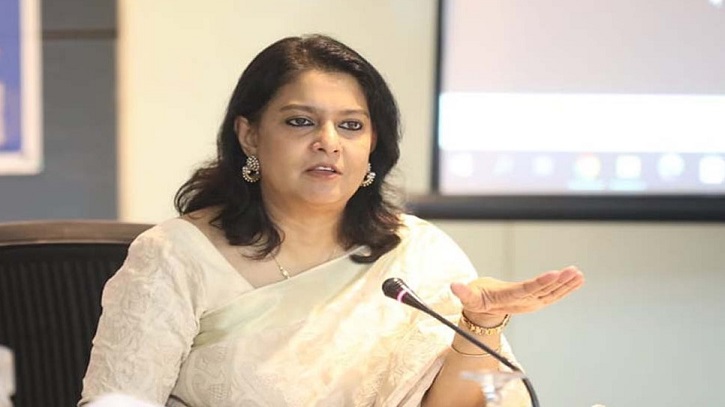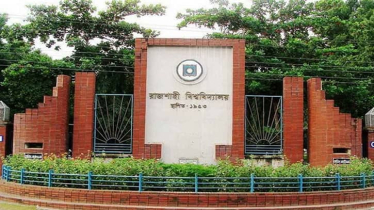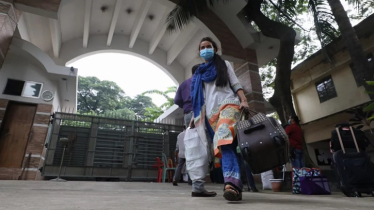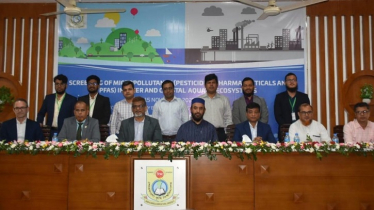
The Environment, Forest and Climate Change Ministry’s adviser, Syeda Rizwana Hasan, has urged universities across the country to declare their campuses plastic-free.
Joining an awareness-building and dissemination campaign on “Sustainable Plastic-Free Marine Environment” organised by the Chittagong University of Engineering and Technology (CUET) on Saturday (15 November), she said the initiative must be implemented through student engagement, awareness activities and the availability of accessible alternatives. She added that if the new generation moves away from convenience-based culture, it will not only reduce plastic pollution but also help revive local industries such as jute, strengthen the national economy and promote environmentally responsible production practices.
The adviser noted that transitioning from plastic use to sustainable alternatives requires time, effort and behavioural changes among consumers. Consumption habits developed over decades cannot change overnight, she said, adding that eliminating single-use and unnecessary plastic items and achieving plastic-free campuses will require long-term institutional commitment.
Addressing the widespread use of single-use plastics, Rizwana Hasan said consumer dependence on plastic largely stems from convenience and misconceptions surrounding the idea of “free” products. In reality, she said, plastic production involves costs tied to labour, electricity, imported machinery and raw materials, and the hidden price is ultimately paid by ecosystems and the environment.
She stressed that the environmental education students receive today will determine future environmental outcomes. It is crucial, she said, to make students aware of the sustainable lifestyle practices of previous generations as well as the economic and ecological benefits of abandoning single-use plastics.
Expressing concern that the Bay of Bengal is the ninth most plastic-polluted marine region in the world, she noted that the issue does not stem solely from Bangladesh’s plastic use. Rather, weak waste management systems and plastic waste carried downstream from other regions contribute significantly.
She cautioned that although recycling is often promoted as a solution, it is highly energy-intensive and chemically complex. Therefore, the priorities should be reducing plastic consumption, ensuring products are reusable and strengthening producer responsibility.





